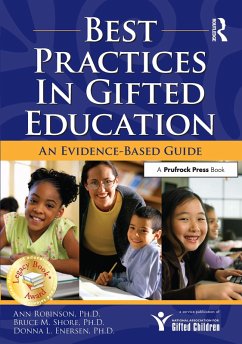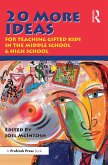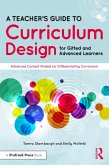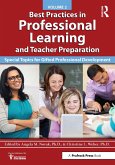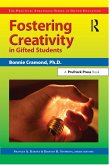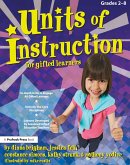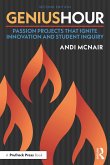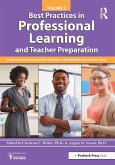Each practice is organized into a chapter containing two sections: What We Know and What We Can Do. The first section briefly describes the practice and summarizes the research. The second section suggests what course of action a parent, teacher, or administrator might take at home, in the classroom, or at school. The book is a must-have for those who want a guide that makes a connection between research and practical action in gifted education.
A service publication of the National Association for Gifted Children (Washington, DC). This designation indicates that this book has been jointly developed with NAGC and that this book passes the highest standards of scholarship, research, and practice.
Dieser Download kann aus rechtlichen Gründen nur mit Rechnungsadresse in A, B, BG, CY, CZ, D, DK, EW, E, FIN, F, GR, HR, H, IRL, I, LT, L, LR, M, NL, PL, P, R, S, SLO, SK ausgeliefert werden.

